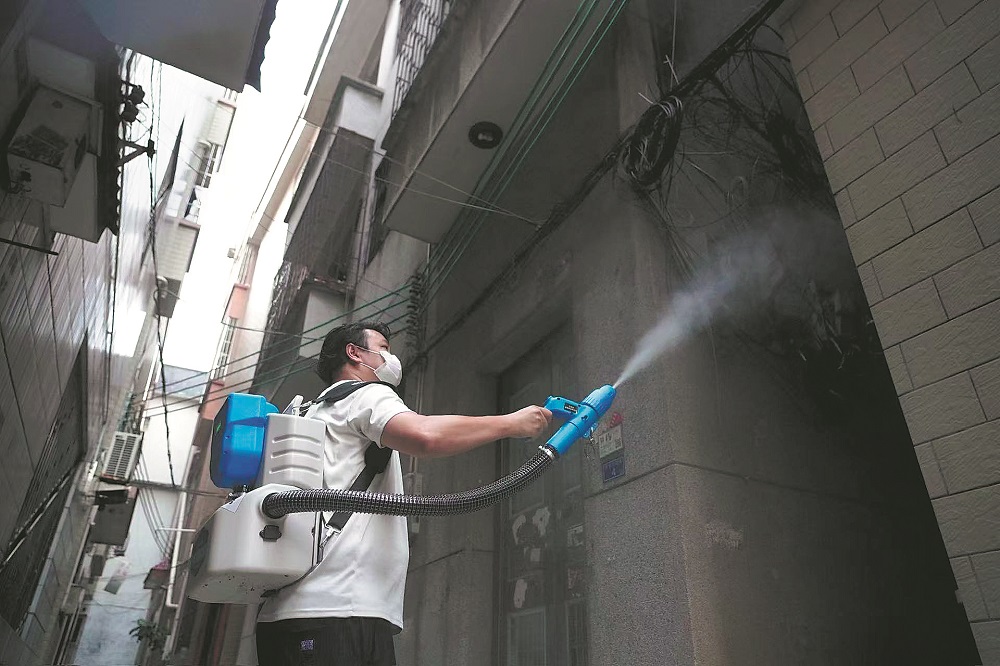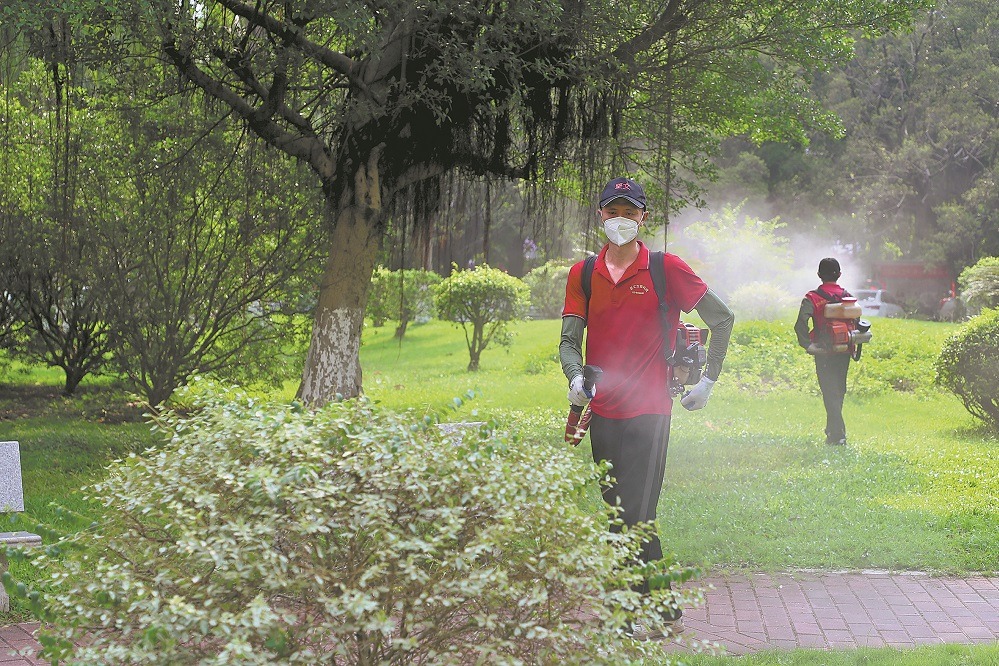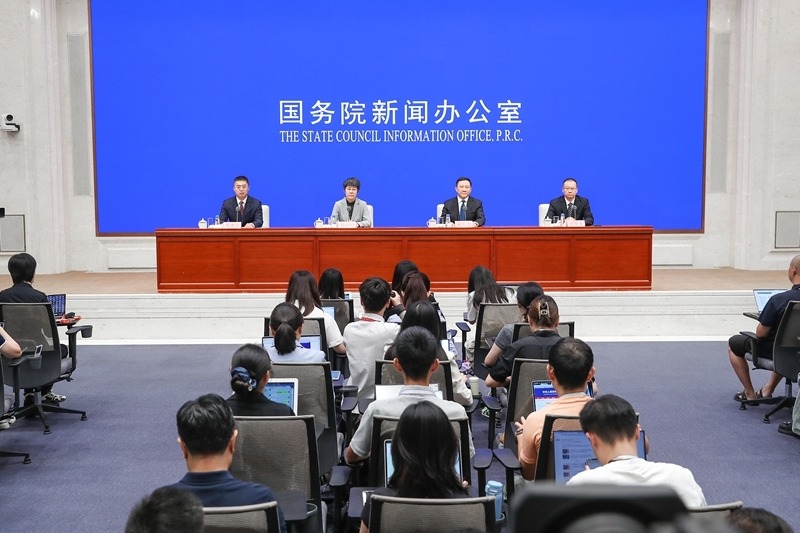Chikungunya battle requires long-term vigilance, say experts
While outbreak in Guangdong is unusual, health authorities wary of future surges of virus


Guangdong province has brought the mosquito-borne chikungunya outbreak under control after a weekslong battle, but health experts have warned that vigilance needs to be maintained in the face of wet weather patterns in South China.
Over 8,000 people in the province have been infected with chikungunya, suffering symptoms such as fever, rashes and joint pain. No serious illnesses or deaths have been reported.
Foshan, a manufacturing city of about 9.7 million people, has been the core battlefield against the outbreak. Authorities implemented mass mosquito control measures, including lighting mosquito coils, installing nets and removing stagnant water. Disinfection crews and drones to eliminate breeding grounds were also deployed.
During a visit to the city earlier this month, Shen Hongbing, director of the National Disease Control and Prevention Administration, emphasized maintaining "a sharp focus" on mosquito vector control and implementing multichannel monitoring and early warnings to stem the virus's spread.
"It is crucial to conduct regular and scientific mosquito elimination and disinfection efforts, strengthen guidance for grassroots disease control workers, and encourage households to overturn containers and remove stagnant water to create a clean, fresh and tidy living environment," Shen said.
Since the end of last month, the control efforts have resulted in the epidemic declining.
In Foshan, the daily number of new cases dropped under 200 for five consecutive days and fell to 148 on Friday, compared with a peak of 674 reported on July 19, local authorities said on Saturday.
Kang Min, director of the Institute of Infectious Disease Prevention and Control at the Guangdong Provincial Center for Disease Control and Prevention, pointed out positive developments, including declining new infections in the hard-hit Shunde district of Foshan and reduced mosquito vector density.
"However, the epidemic will likely rebound as frequent typhoons and heavy rainfall are complicating disinfection and water container cleanup efforts," he said. "The situation remains severe, and resurgence risks persist if mosquito vector density is not continuously controlled."
Sporadic cases of chikungunya fever have also been reported in other parts of the country, including Beijing and the Hong Kong and Macao special administrative regions, health authorities said. Preemptive steps have included health surveillance of people returning from Foshan.
- Mainland braces for Podul's 2nd landfall
- Chikungunya battle requires long-term vigilance, say experts
- New batch of Chinese internet satellites reaches orbit
- Search for missing boy ends in tragedy
- Fanjing Mountain strikes gold in balancing growth and nature
- Four years of excellence: Qingdao airport's journey to world-class status





































